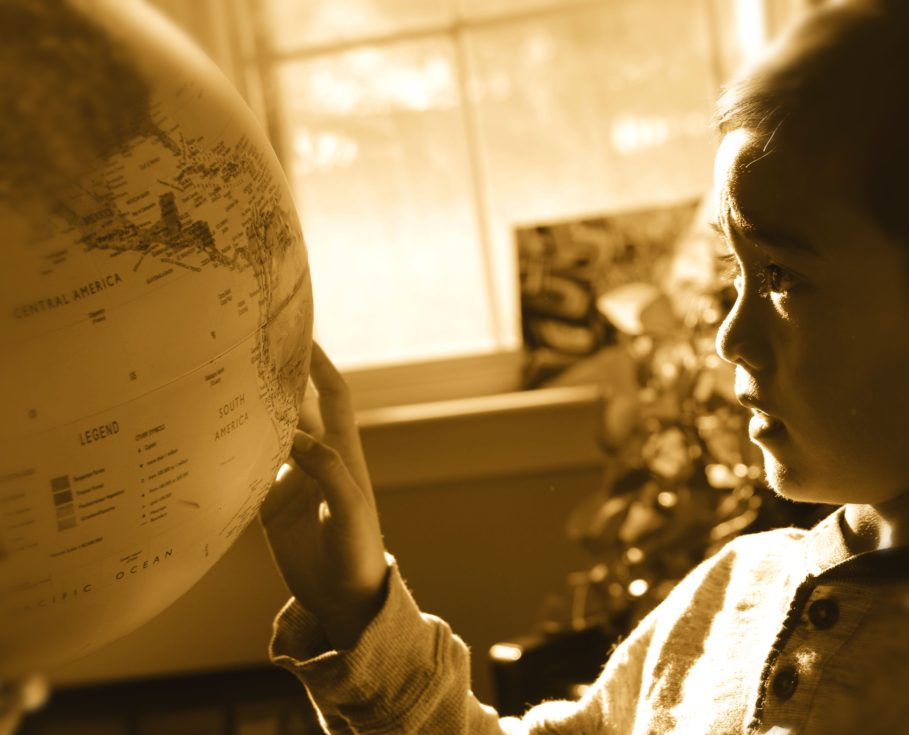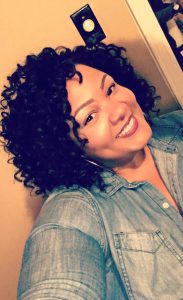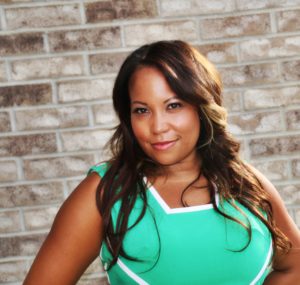
It is often said that learning about your country’s history is a mirror into who you are. But what if the mirror you are looking into, shows
Nothing?
With the significant absence of that reflection in US primary schoolbooks, many young, impressionable children must learn to construct and champion their own realities outside of the classroom in order to build and achieve a sense of social and political belonging. At 4 and 6 years of age, my two sons are beginning to learn of important, defining moments in American History; of America’s most pivotal moments in discovery, hard-fought victories, and the glory to becoming the world’s leading global power.
Lessons, of which, do not include them.
 Primary school history lessons are very defining to a child’s narrative of American identity. As my boys move from basic social and cognitive skills to more reflective, critical-thinking capabilities, their connection to their country is significantly incumbent upon textbooks and classroom lessons that depict historic contributions of America’s minority populations. Such inclusivity, however, is not the norm in America’s public school system. Many classrooms still function with a limiting curriculum that improperly represents all Americans. This racially-based oversight leaves many educators to unintentionally participate in the invisibility, erasure, generalization, fetishization, and tokenization (1) of their American minority students.
Primary school history lessons are very defining to a child’s narrative of American identity. As my boys move from basic social and cognitive skills to more reflective, critical-thinking capabilities, their connection to their country is significantly incumbent upon textbooks and classroom lessons that depict historic contributions of America’s minority populations. Such inclusivity, however, is not the norm in America’s public school system. Many classrooms still function with a limiting curriculum that improperly represents all Americans. This racially-based oversight leaves many educators to unintentionally participate in the invisibility, erasure, generalization, fetishization, and tokenization (1) of their American minority students.
In her article, ‘All people are living histories — which is why History matters‘, Penelope J. Corfield examines “…understanding the linkages between past and present is absolutely basic for a good understanding of the condition of being human.” Corfield concludes, “That,…is why History matters. It is not just ‘useful’, it is essential.”
At a young age, my Filipino-American parents did an exceptional job, teaching me to live as and be a proud, self-aware American. But, it wasn’t until my adult life did I feel seen as one. Education-wise, it took me until college to gain access to realities that spoke to my ethnic and cultural place as an American; and I want better and different, not only for my kids, but for my nieces, nephews, and their friends. For my country.
Who are the gatekeepers? The writers of American History? The educationalists responsible to create the narratives and connections to our country’s past?
Asking such questions is an important starting point, but is the enforcement for more diversified textbooks enough? US citizenship is embedded in a deep history of racialized inclusion and exclusion (2). Truly resolving the source of the problem is complex, as it is systemic. Similar to what panelist poet Kenji C. Lui explains during Tayo Literary Magazine’s roundtable discussion, this can be framed within the same context that he places the publishing industry, but with schools as the interchanged subject. Our schools do not need more diverse books, although that is important. What we really need is a decolonized education system. Until then, I fear my kids will continue to learn lessons that are in support of mental frameworks based in perpetual foreign stereotypes.
But, how can the system be changed? Will my children ever be able to enter a primary school classroom that is inclusive of their story?
Not every US classroom follows a colonized curriculum. During my research for this post, I came across the non-profit organizations Rethinking Schools and Teaching for Change’s coordinated program, the Zinn Education Project. The program’s goal is “…to introduce students to a more accurate, complex, and engaging understanding of United States history than is found in traditional textbooks and curricula…Students learn that history is made not by a few heroic individuals, but instead by people’s choices and actions, thereby also learning that their own choices and actions matter.”
Being The American Mom.
Raising American Children
As a mom, I am only beginning to learn of ways to impact my children’s classrooms to foster empowered citizenship. Changing the function of America’s education institution is a complicated task, but one that is essential for the mental, emotional and social wellbeing of young minority Americans. I want my sons to learn of how their country’s founding principles and ideals were defined upon the successes and contributions of their ancestors’ relentless willpower to push onward.
I don’t want them to live a life based on a social framework that teaches them they were born in country, but not of country.
For now, it is my duty, as their mom, to be the source of their American identity.
I raise.
We Rise.
The building blocks to my children’s social identity are being laid and I know the foundation can be stronger, more supportive and unbreakable.
And this mama bear’s legacy aims to put a halt to the institutionalized frameworks of invisibility, marginalization, and otherness. Who’s with me?
Let’s rewrite history.
Literally!
Do you want to author a school textbook? Leave us a message below and we can contact you to discuss your next steps!
Error: Contact form not found.








What do you think?